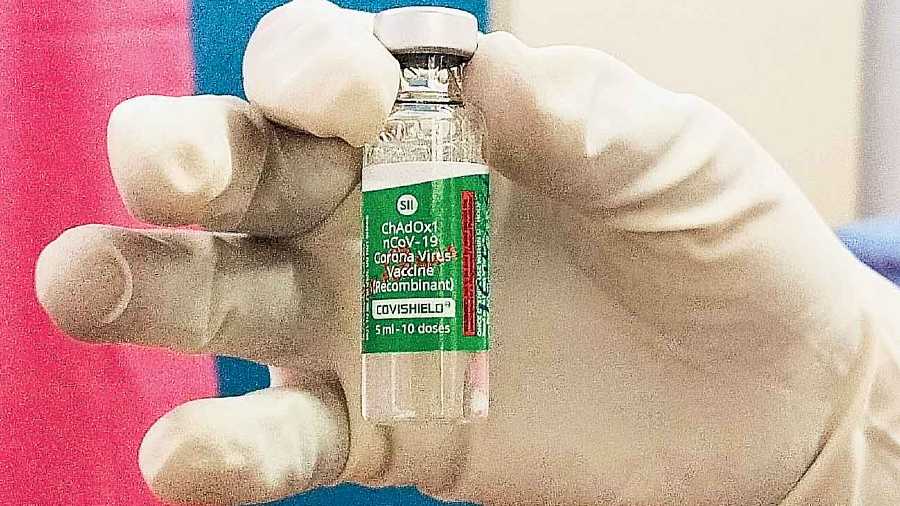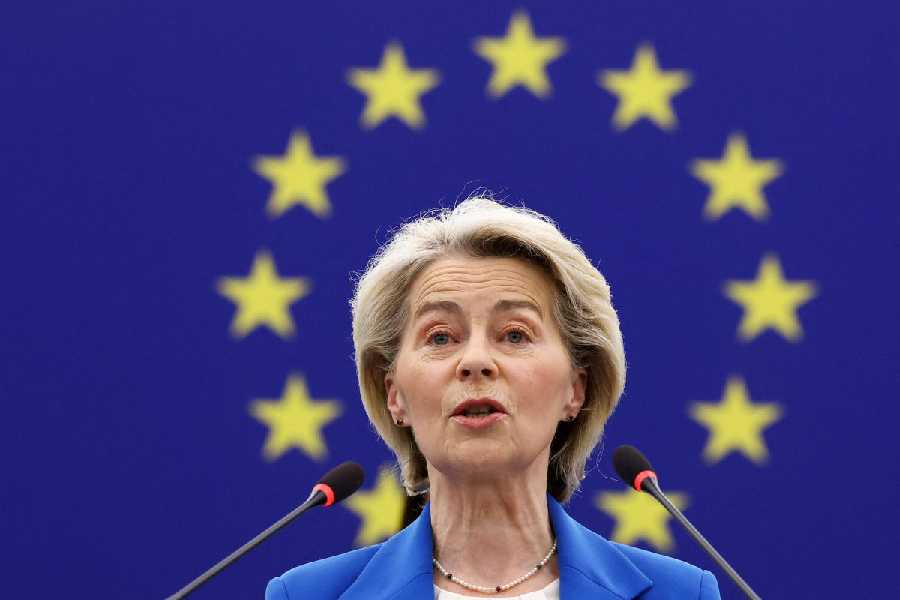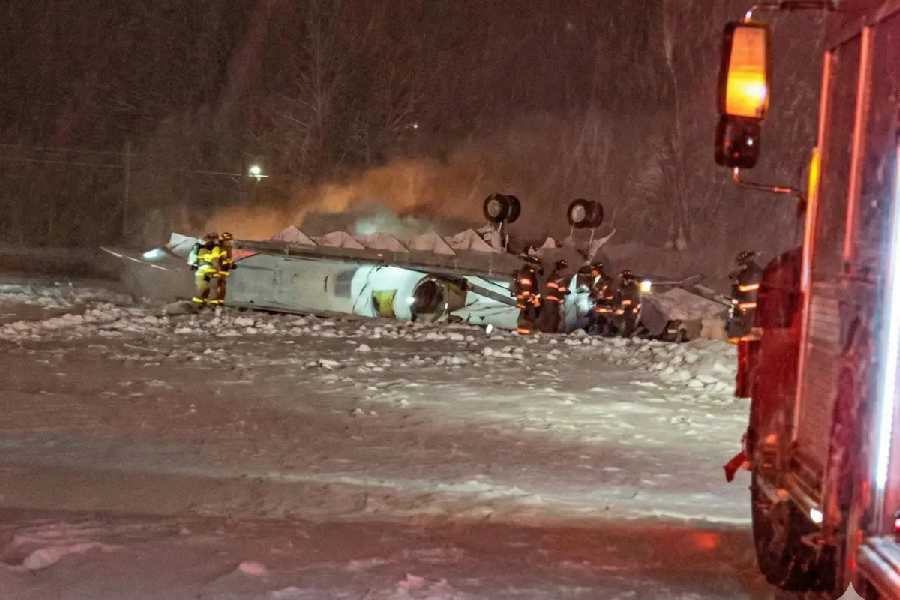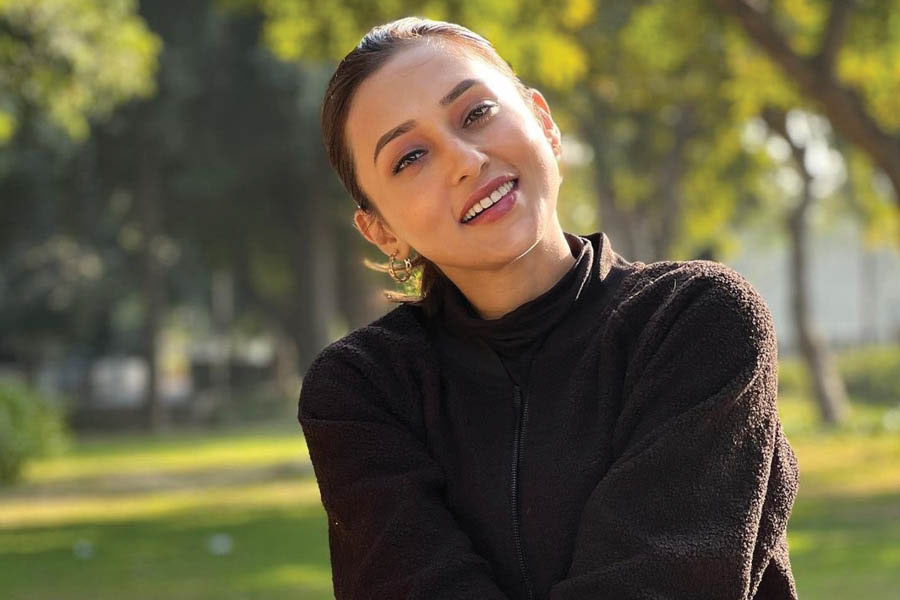A large hospital-based study in India has found that a single dose of Covishield offers no protection from Covid-19 symptoms or severe disease, amplifying apprehensions about India’s current policy of a 12-week gap between two doses.
The new findings from the Sir Ganga Ram Hospital, New Delhi, bolster the evidence for arguments to shorten the gap between two doses and to prioritise vaccinations for people who have not had prior Covid-19 infections, doctors said
The Ganga Ram study that tracked over 4,700 hospital workers — doctors, nurses, and paramedics — found no significant differences in the incidence of symptomatic Covid-19 infections, moderate or severe disease, or oxygen requirements between single-dose recipients and the unvaccinated.
While earlier observations from the UK and India had suggested that a single dose of the AstraZeneca vaccine — Covishield in India — offers lower protection than two doses, the Ganga Ram study found “no protection” from a single dose.
The Ganga Ram doctors conducted the study during March and April this year, a period when the highly contagious Delta coronavirus variant was driving India’s second Covid-19 wave with surges in daily new infections across the country.
“A long gap between two doses might not be such a good idea — especially in areas anticipating a surge,” said Ambarish Satwik, a study team member and senior consultant at the hospital’s Institute of Vascular and Endovascular Sciences.
The study also found that previous infections were “significantly protective” against symptomatic infections, moderate to severe disease and oxygen requirements. The level of protection from prior infections appeared to be higher than that offered by a single or double doses of the vaccine.
The “no protection” in the Ganga Ram study contrasts with the 61 per cent protection after one dose observed among healthcare workers at the Christian Medical College, Vellore, and 33 per cent protection reported by Public Health England, the UK’s health agency.
The Union health ministry had on May 23 expanded the gap between Covishield doses from 6-8 weeks to 12-16 weeks, citing evidence that a longer gap gives a better response.
Delaying the second dose allows more people to get the first dose and, experts say, the decision to delay doses takes into account potential gains of expanding the pool of people with first doses and the potential risks of delaying second doses.
Sections of health experts in India have been arguing for the need to shorten the gap between Covishield doses at least for vulnerable populations, citing the low protection levels from a single dose noted in the Public Health England study.
“The Ganga Ram study reinforces the urgency of protecting the vulnerable groups and essential workers with both doses as soon as possible,” said K. Srinath Reddy, president of the Public Health Foundation of India and a member of the national Covid-19 task force, who was not associated with the study.
Health officials and medical researchers have cited available evidence, including the CMC Vellore study, to argue that a single Covishield dose also offers some protection against severe disease and death.
But as the daily new infections surged in Delhi during March and April, the Ganga Ram doctors noticed through anecdotal observations that hospital co-workers who had a single dose were more likely to become infected than those who had received two doses.
“Our study data matches those anecdotal observations,” said Ruma Satwik, the lead author of the study, published this week in the European Journal of Internal Medicine, a peer-reviewed research journal.
In countries facing vaccine shortages, health administrators should consider early full vaccinations, prioritising those never infected, the researchers have suggested.










